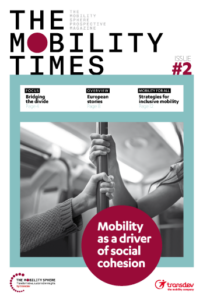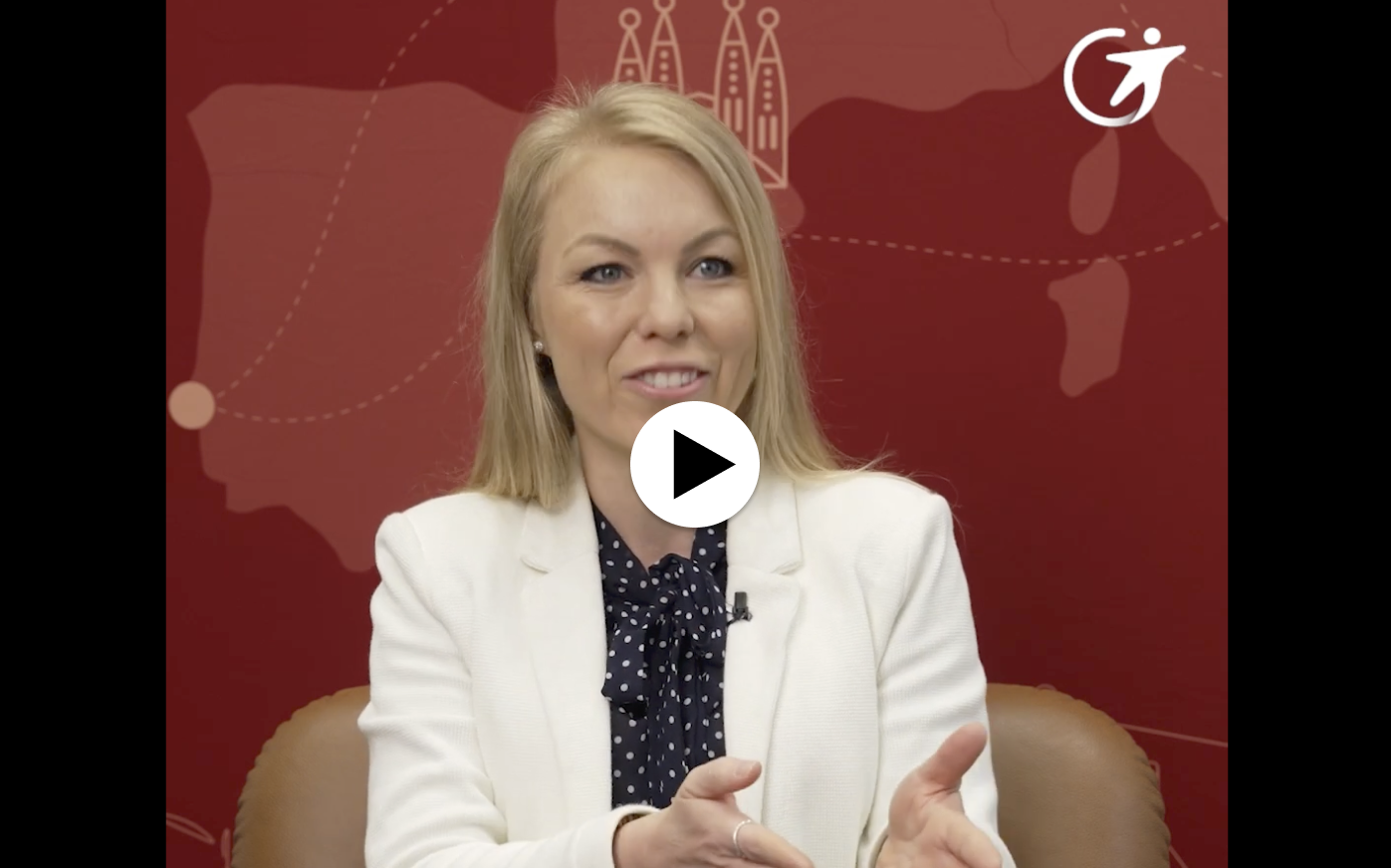Social cohesion is essential to the smooth running of a society. It fosters solidarity and unity between individuals, while ensuring equal opportunities. Mobility is a powerful lever for reinforcing this cohesion, and guaranteeing the inclusion of all, especially people with disabilities. However, unequal access to mobility in certain regions widens social and economic divides. With the ecological transition, these inequalities are likely to worsen if inclusive and appropriate solutions are not put in place.
Mobility as a catalyst for social inclusion
Mobility isn’t just about getting from A to B, it’s much more than that. It’s crucial, because it conditions access to fundamental rights such as education, health and work. Without access to means of transport, many citizens find themselves on the margins and do not enjoy the same opportunities for social and economic fulfillment, thus deepening inequalities. Recognizing mobility as a fundamental right is an opportunity for public policy to better respond to citizens’ needs, by ensuring a fairer distribution of transport services, particularly in areas that are less well served and more isolated. At present, we are a long way from achieving this goal.
Promoting social cohesion is a major challenge. As Barbara Stoll, Clean Cities Campaign Director at Transport & Environment, points out, “ We know that today, societies are more divided than ever (…) urban mobility has a huge impact on human happiness and the way people come together”.
To guarantee social cohesion, our cities need to be built so that all populations have access to the same opportunities. This includes appropriate infrastructure, flexible transport solutions and easy access to mobility technologies.
How does mobility contribute to promoting social cohesion?
Xxpert
Barbara Stoll
Director at Clean Cities
Obstacles to social cohesion through mobility
The sometimes high cost of travel is an obstacle for people of modest means, and the financial burden of travel hinders their integration into the social fabric. It is vital that decision-makers propose and implement affordable transport solutions, particularly in suburban and rural areas that are less well served.
According to Wimoov’s mobility barometer, 13 million French people are in a situation of “precarious mobility”, which is aggravated by a lack of access to means of transport and dependence on the car. This precariousness is amplified by the absence of adequate infrastructures in rural and peri-urban areas, increasing isolation and inequalities, and consequently amplifying social tensions.
How can we tackle mobility poverty?
Expert
Sébastien Bailleul
Director of Institutional and European Relations at Wimoov
Does mobility foster social mobility or fragmentation?
Expert
Violeta Bulc
Former European Commissioner for Transport
Facilitating mobility for European citizens
At European Union level, various projects have been set up as part of the European Green Deal. This commitment aims to promote the ecological transition, with a view to achieving climate neutrality by 2050. The European Union is funding initiatives to provide all European citizens with clean, accessible and affordable transport and logistics solutions, linking rural and isolated regions.
For example, in certain rural areas of France and Portugal, transport-on-demand services have been set up to facilitate the mobility of isolated inhabitants, while promoting adapted and environmentally-friendly modes of transport.
In the Netherlands, the Buurtbus network is an innovative example of public transport in sparsely populated areas where ordinary buses are unable to operate due to low passenger numbers. The concept is to run minibuses in these areas, with the service provided by local authorities and volunteer drivers.
These innovative initiatives prove that local solutions can be integrated into European strategies to make mobility more inclusive and sustainable.
Would you like to find out more?
Find out what other experts have to say on the subject of mobility and social cohesion!
How does the Trans-European Transport Network facilitate efficient mobility and social cohesion?
Expert
Isabel Garcia Muñoz
Member of the European Parliament
Expert
Isabel Garcia Muñoz
Member of the European Parliament
THE MOBILITY
TIMES #2
Download this 2nd edition
dedicated to Mobility as a driver of
social cohesion.



